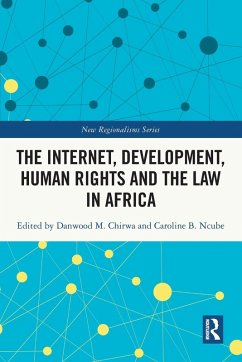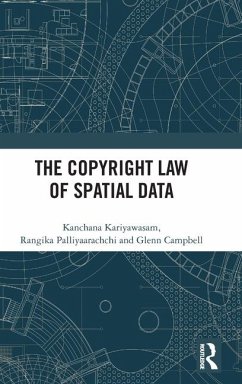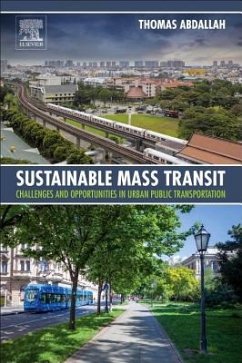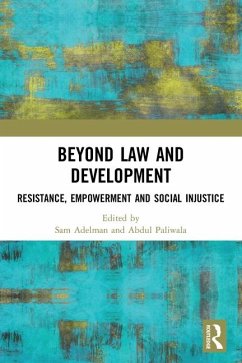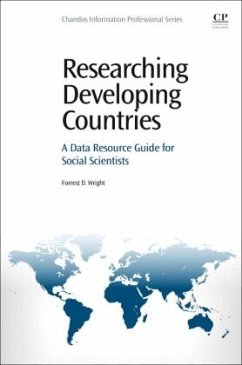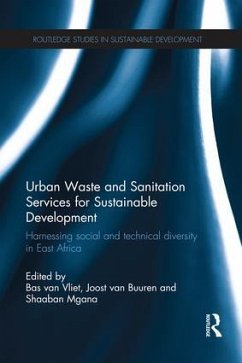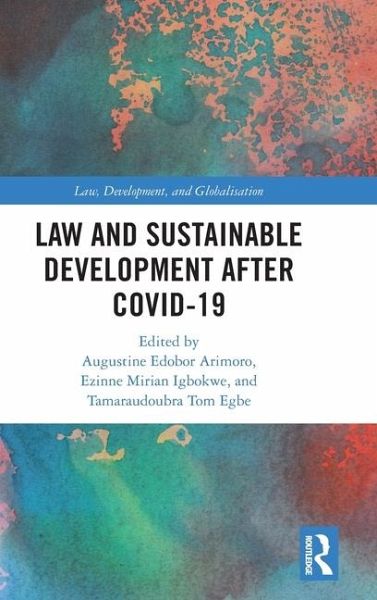
Law and Sustainable Development After COVID-19
Versandkostenfrei!
Versandfertig in 6-10 Tagen
154,99 €
inkl. MwSt.
Weitere Ausgaben:

PAYBACK Punkte
77 °P sammeln!
This book considers the impact of the COVID-19 pandemic on the realisation of the United Nations' Sustainable Development Goals.Although efforts towards the attainment of the Sustainable Development Goals are ongoing, the COVID-19 pandemic has had a significant impact on these efforts: accentuating inequities, as well as absorbing resources. This book addresses this impact, as it takes up the question of how to ensure global recovery - in line with the target for the Sustainable Development Goals - after the pandemic. Adopting an interdisciplinary approach, but focusing particularly on the rol...
This book considers the impact of the COVID-19 pandemic on the realisation of the United Nations' Sustainable Development Goals.
Although efforts towards the attainment of the Sustainable Development Goals are ongoing, the COVID-19 pandemic has had a significant impact on these efforts: accentuating inequities, as well as absorbing resources. This book addresses this impact, as it takes up the question of how to ensure global recovery - in line with the target for the Sustainable Development Goals - after the pandemic. Adopting an interdisciplinary approach, but focusing particularly on the role of law and legal frameworks in this recovery, the book considers the effect of the pandemic on key industries such as shipping, insurance, manufacturing, and banking, as well as on the role of the State and non-State actors. Pursuing an explicitly Global South perspective, the book maintains that in the post-COVID era it is the elaboration a rule of law framework that is in sync with both the Global North and South that is crucial if the Sustainable Development Goals are to be achieved.
This book will be of value to scholars, students and policymakers working in the general area of law and development, but especially those with specific interests in the United Nations' Sustainable Development Goals.
Although efforts towards the attainment of the Sustainable Development Goals are ongoing, the COVID-19 pandemic has had a significant impact on these efforts: accentuating inequities, as well as absorbing resources. This book addresses this impact, as it takes up the question of how to ensure global recovery - in line with the target for the Sustainable Development Goals - after the pandemic. Adopting an interdisciplinary approach, but focusing particularly on the role of law and legal frameworks in this recovery, the book considers the effect of the pandemic on key industries such as shipping, insurance, manufacturing, and banking, as well as on the role of the State and non-State actors. Pursuing an explicitly Global South perspective, the book maintains that in the post-COVID era it is the elaboration a rule of law framework that is in sync with both the Global North and South that is crucial if the Sustainable Development Goals are to be achieved.
This book will be of value to scholars, students and policymakers working in the general area of law and development, but especially those with specific interests in the United Nations' Sustainable Development Goals.





